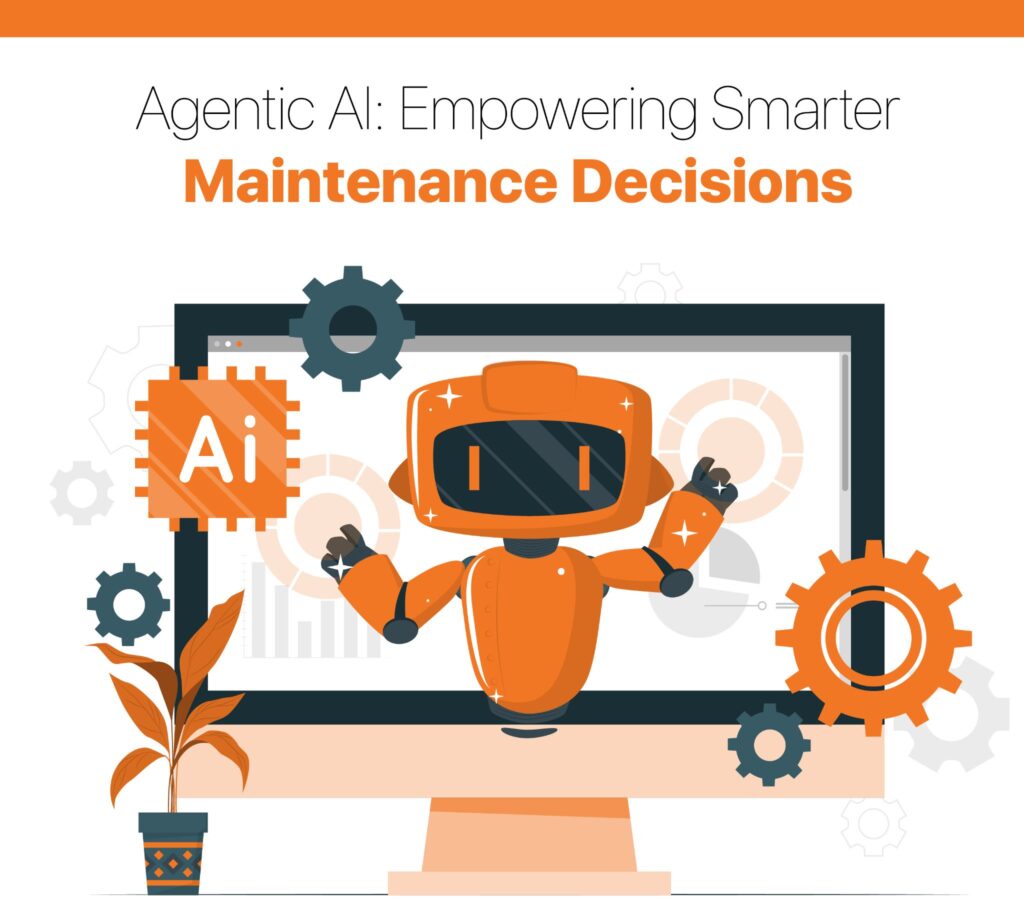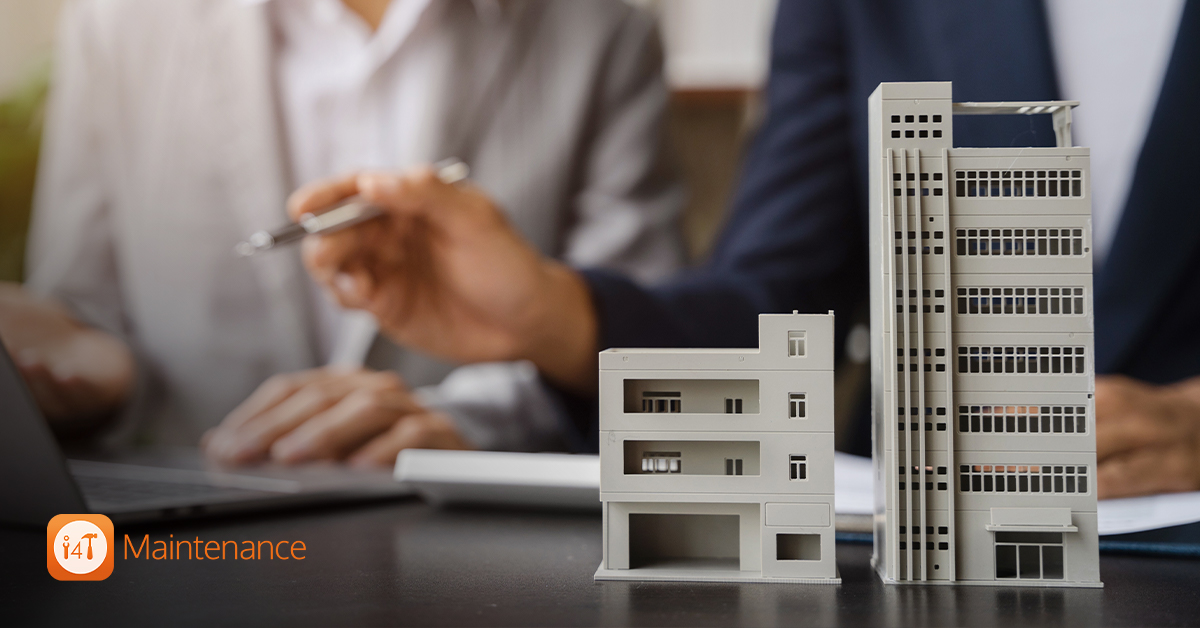Strata property maintenance is changing fast, driven by new technology, environmental concerns, and higher tenant expectations. It’s no longer just about fixing issues, it’s about creating efficient, sustainable, and community-focused spaces.
Staying on top of trends is essential to keep operations smooth and residents happy. This ensures properties are not only well-maintained but also meet modern needs.
Seven key trends will lead the way in 2025. Let’s explore how these trends will shape the future of strata management.
Vendor Relationship: Fostering Strategic Partnerships
In 2025, strata property maintenance will focus on building strong, long-term partnerships with vendors instead of short-term, one-off arrangements. These partnerships are based on trust, shared goals, and accountability, ensuring better results for property managers and service providers.
Performance-based contracts are becoming more common, where vendors are rewarded for consistent, high-quality work. This ensures they stay aligned with the property’s maintenance goals and deliver reliable results over time.
Digital platforms are making it easier to manage vendor relationships. These tools let property managers schedule services, track progress in real-time, and handle payments transparently, all in one place. This improves communication and ensures accountability.
Working with local vendors offers additional benefits, like faster response times and a better understanding of the community’s specific needs. Local providers can offer personalised solutions and strengthen ties within the neighborhood.
By focusing on strategic vendor relationships, property managers can achieve better service quality, stronger accountability, and more community engagement, creating long-term value for residents and stakeholders.
Tenant Experience: Creating Resident-Centric Communities
In 2025, tenant experience will be a key focus in strata property maintenance. The goal is to make life easier and more enjoyable for residents by offering services designed to meet their needs.
Tailored maintenance services help reduce disruptions by planning work at times that suit tenants. Personalised solutions ensure residents feel their concerns are heard and addressed.
Apps and portals are becoming essential tools for communication. These platforms let tenants request services, track progress, and get updates, making the whole process easier and more transparent.
On-demand maintenance allows property managers to quickly respond to urgent issues. This reduces delays and ensures problems are solved promptly, giving tenants peace of mind.
Modern properties are also adding new amenities and features to meet current expectations. These include smart home technology and eco-friendly upgrades that make homes more comfortable and sustainable.
By focusing on tenant experience, strata property managers can build trust, improve satisfaction, and create communities that residents enjoy being part of.
Agentic AI: Empowering Smarter Maintenance Decisions

In 2025, Agentic AI is transforming strata property maintenance by introducing autonomous intelligent systems. These systems can act on their own to achieve goals, without needing constant human input. They understand the user’s vision, and the problem’s context, and take action to deliver the best results.
A major feature of Agentic AI is its ability to predict maintenance needs and take action independently. For example, it can detect early signs of equipment issues, schedule repairs, and even order parts automatically. This reduces downtime and keeps operations running smoothly.
Real-time data analytics is another powerful tool. Agentic AI continuously tracks energy use, system performance, and environmental conditions. It adjusts settings like HVAC controls on its own to save energy and maintain tenant comfort, all without human intervention.
The automation of routine tasks is more advanced with Agentic AI. It not only performs inspections, diagnostics, and reporting but also interprets the data, decides the best action, and executes it. This saves time and reduces errors while ensuring efficiency.
Human Connection: Strengthening Trust in the Digital Age
As technology becomes more important in strata property maintenance, keeping a strong human connection is essential. While digital tools make processes easier, residents still value personalised and empathetic interactions.
Empathy and personalisation help tenants feel understood and valued. Technology can solve problems efficiently, but showing genuine care builds trust and improves tenant satisfaction.
Training maintenance teams to combine professionalism with care is crucial. Teams should be skilled in solving problems while also being approachable and understanding. A kind interaction can turn a frustrating situation into a positive experience.
The human touch also helps create a sense of community. When property managers show care and respect, tenants feel more connected to both management and their neighbours. This sense of belonging makes residents happier and more loyal.
Balancing technology with genuine human interaction is the key to success. Property managers who focus on both can build trust and create communities where residents feel valued and supported.
Sustainable Living: Driving Eco-Friendly Practices
In 2025, sustainable living will be a big focus for strata property maintenance. Managers are using eco-friendly practices to save money, reduce environmental impact, and create healthier spaces for residents.
Energy-efficient technologies like smart HVAC systems and LED lighting are common. They use less energy, lower utility bills, and adjust automatically to meet needs, making buildings more efficient.
Green building certifications and renewable energy options like solar panels and wind turbines are also popular. These solutions reduce reliance on traditional energy and show a commitment to sustainability.
Water-saving tools and waste management strategies help conserve resources. Low-flow fixtures, rainwater collection systems, and recycling programs are simple ways to reduce waste and protect the environment.
Getting tenants involved is important too. Education campaigns teach residents how to save energy and water, while rewards for recycling or reducing usage encourage participation. This teamwork builds a stronger, greener community.
Preventive Maintenance: Proactively Addressing Issues
In 2025, preventive maintenance is a smarter way to manage strata properties. Instead of waiting for things to break, it focuses on fixing small issues early to avoid bigger problems later. This saves time, money, and stress for everyone.
Predictive and preventive maintenance are better than reactive fixes. They help catch problems before they happen, keeping equipment running smoothly and avoiding unexpected breakdowns that disrupt residents.
New technologies, like sensors and smart tools, make this easier. These devices monitor equipment and building systems in real time and send alerts when maintenance is needed. This helps property managers act quickly and prevent costly repairs.
Preventive maintenance also means big savings over time. Fixing small issues early is cheaper than dealing with major failures. It also keeps equipment and buildings in good shape for longer, reducing the need for replacements.
With preventive maintenance, strata properties can avoid surprises, save money, and ensure a safer, more reliable place to live for residents.
Regulatory Compliance: Staying Ahead of Legal Mandates
In 2025, keeping up with regulatory compliance is more important than ever for strata properties. New rules focus on sustainability, accessibility, and safety, meaning property managers need to adapt to avoid penalties and ensure smooth operations.
New regulations require eco-friendly upgrades and better accessibility. This includes energy-efficient systems, waste reduction measures, and improvements like ramps and elevators to support all residents’ needs.
ESG (Environmental, Social, and Governance) compliance is becoming a key focus. Meeting these standards not only fulfills legal requirements but also boosts the property’s reputation, making it more attractive to tenants and investors who value sustainability and responsibility.
Ensuring safety standards for residents and workers is critical. Regular maintenance of fire safety systems, equipment checks, and adherence to workplace safety rules protect everyone on the property and reduce risks.
Software tools help make compliance easier by organising records and tracking deadlines. Automated reminders ensure inspections, certifications, and other requirements are completed on time, preventing costly mistakes or missed obligations.
By staying ahead of regulations, strata properties can run smoothly, maintain high standards, and build trust with residents.
Proactive compliance also shows responsibility and positions the property as a safe, forward-thinking community.
Conclusion
Strata property maintenance in 2025 is all about using smart tools, being eco-friendly, and putting people first.
Key trends like building strong vendor partnerships, improving tenant experiences, and adopting preventive maintenance are shaping the future. Staying updated on these trends is essential for creating efficient, safe, and resident-friendly properties.
i4T Maintenance is a modern maintenance management software designed to help strata managers stay ahead. It makes managing vendor relationships, tenant communication, and compliance easy and efficient. With i4T Maintenance, you can handle all your maintenance tasks in one place and keep up with the latest trends.
Want to see how it works? Book a demo with i4T Maintenance today and get ready for the future of strata maintenance!
FAQs
The key trends include building strong vendor partnerships, improving tenant experiences, using smart AI tools like Agentic AI, promoting eco-friendly living, focusing on preventive maintenance, and staying up to date with new regulations.
Strata managers can use performance-based contracts to ensure quality, digital platforms to track progress and payments, and partner with local vendors for faster and more personalised service.
When tenants are happy, they feel more connected to the property. Providing tailored services, responding quickly to issues, and offering modern amenities create a positive community and build trust.
Agentic AI is an advanced tool that works on its own to predict maintenance issues, fix problems automatically, and handle tasks like inspections and reporting. It saves time, reduces errors, and keeps things running smoothly.
i4T Maintenance is a modern software that helps strata managers handle vendor relationships, improve tenant satisfaction, and stay compliant with rules. It’s designed to make managing maintenance easy and efficient. Book a demo today to see how it works!

